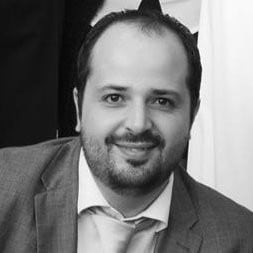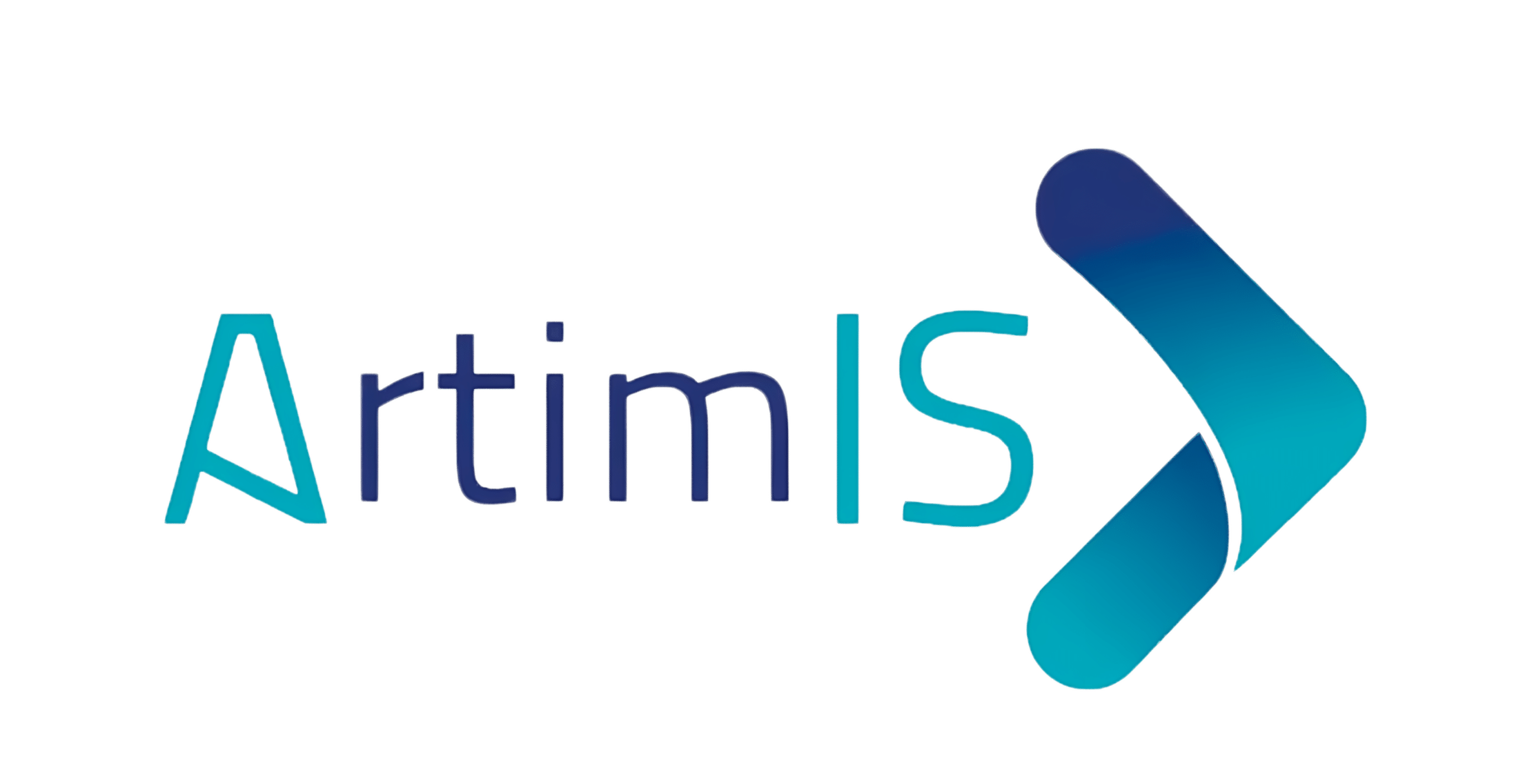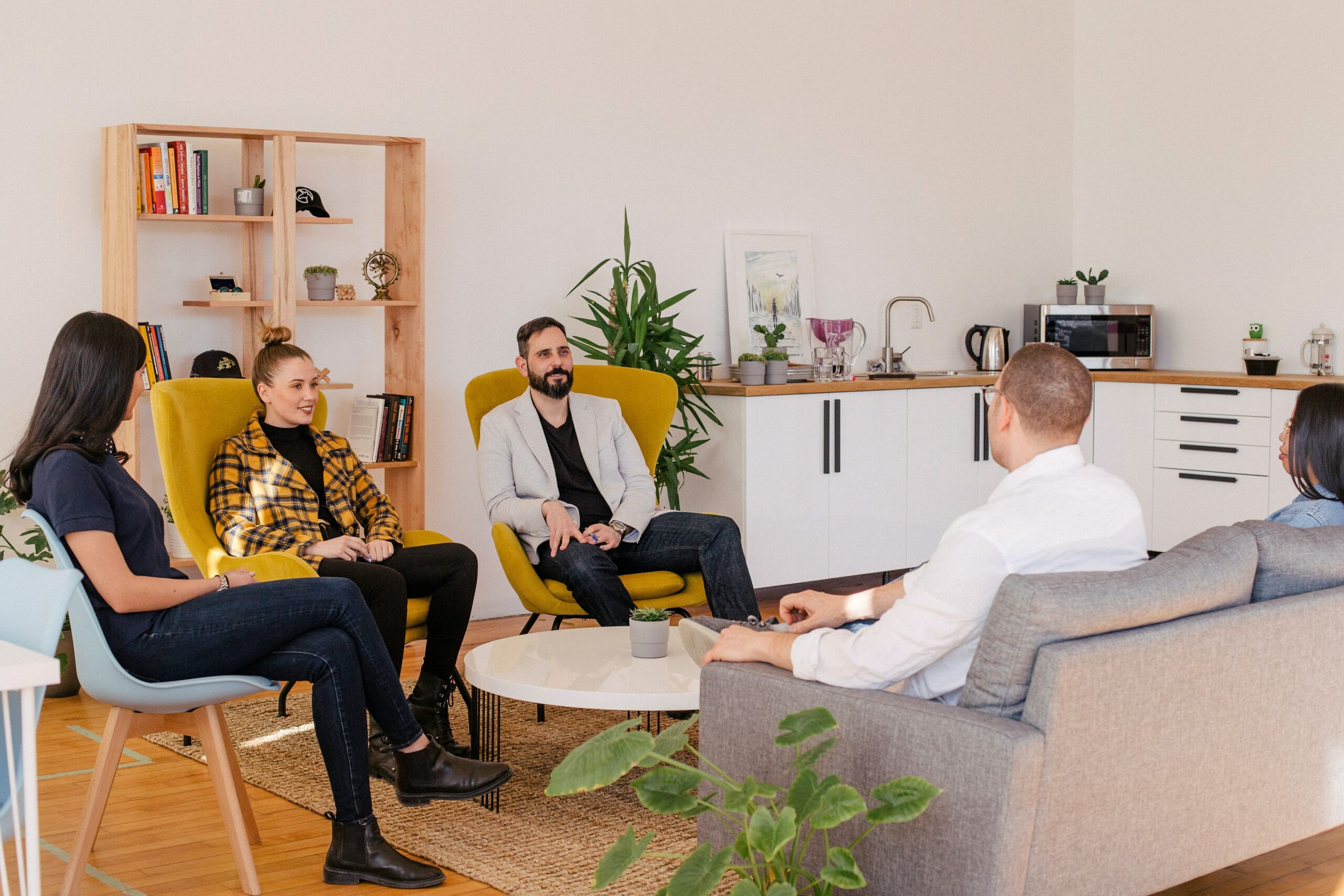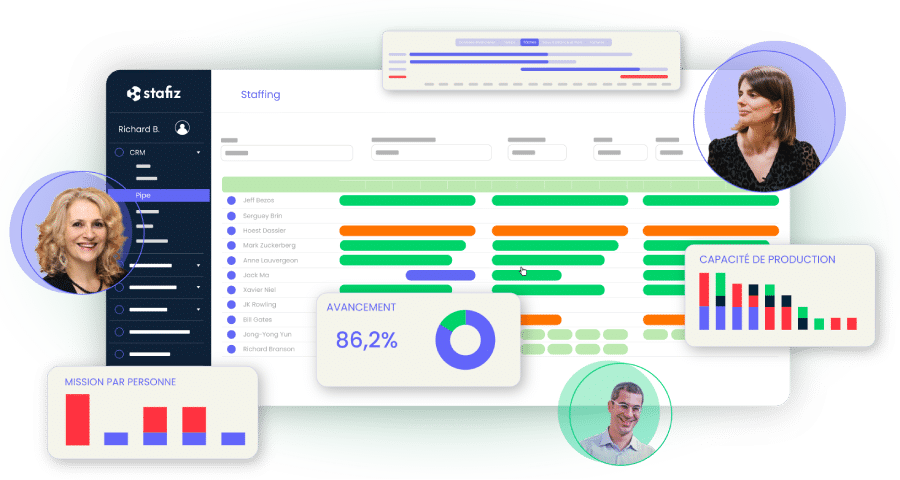Interview avec Calyans
Interview
Interview avec Nizar Sefiani

“Bonjour, pouvez-vous vous présenter et présenter Calyans ?
Je suis Nizar Sefiani, je suis le fondateur de Calyans qui est une entreprise de conseil et de service numérique spécialisée dans la digitalisation des entrepôts et sur la distribution, la mise en place et le support d’outils de gestion d’entrepôts que l’on appelle communément WMS. Nous sommes présents sur deux activités : une activité d’expertise WMS à destination des grands comptes, sur laquelle nous allons intervenir sur toutes les phases de projet. Que ce soit de l’expression du besoin jusqu’au support post-démarrage sur des projets pour des grands comptes.
Nous avons une seconde activité un peu plus orientée SaaS et PME, où depuis juin dernier nous sommes devenus le premier intégrateur et distributeur des solutions du WMS Corax en France (société basée aux Pays-Bas).
Dans les prochains jours, il va y avoir une troisième activité tournée innovation. Vous verrez sûrement la nouvelle sur nos réseaux sociaux. Mais pour l’instant, c’est confidentiel !
Cette activité d’intégrateur est quelque chose que vous avez développé récemment ?
Nous étions plutôt présents sur des activités d’expertise auprès des grands comptes, sous forme de régie. Ce qui change est que nous devenons un distributeur. Avant, nous ne vendions pas les outils de gestion d’entrepôt, on intervenait juste en expertise sur les outils. Là, nous distribuons l’outil, nous le mettons en place et nous créons le support. C’est du mode SaaS et à destination d’une cible que l’on n’avait pas avant : les TPE et PME.
Vous travaillez régulièrement avec les mêmes grands comptes, ou cela varie ?
On travaille souvent avec les mêmes, car ce sont des projets qui durent dans le temps, principalement sur les secteurs du retail, de la prestation logistique et de l’industrie.
Cela fait un peu plus d’un an que nous vivons cette crise, comment avez-vous vécu cela chez Calyans ? Comment cela s’est passé pour vos clients ? Vous, en tant que société de conseil, avez-vous constaté une forte évolution depuis cette période ? Où en êtes-vous aujourd’hui ?
Au début de la pandémie, on se posait beaucoup de questions par rapport à nos clients. En général on est sur des métiers de régie sur lesquels nous sommes très présents sur site chez nos clients. Donc, il a fallu revoir notre manière de travailler. Nous étions dans l’expectative de voir comment nos clients réagissaient par rapport à cette crise. Au début on ne savait pas trop, on attendait, mais très vite il y a eu des arbitrages sur des projets sur lesquels on intervenait.
Nous avons eu beaucoup de chance sur cette partie-là, car nous étions positionnés sur des activités dites essentielles, sur de la digitalisation, ainsi on pouvait faire notre travail à distance. Toute l’équipe est très vite passée en full remote et nous avons continué à travailler pour nos clients. On a eu de la chance que nos projets chez eux – sur cet aspect-là de la supply chain qui était au cœur de la pandémie – n’ont pas été dé-priorisés. Il y avait un besoin d’investissement contrairement à d’autres projets chez nos mêmes clients qui ont dû s’arrêter.
Comment avez-vous réussi à avoir autant d’impact en n’étant plus sur site mais à distance ? Comment vous y êtes-vous pris avec vos clients ?
Quand on travaille pour nos clients, pour des raisons de sécurité, on passe par des VPN. On a des moyens de communication comme Teams, Google Meet. On a accès aux outils à distance, aux bases de données, des choses sur lesquelles nous sommes habitués à travailler. Pour autant, à un moment donné, quand cela s’est un peu calmé, nous sommes revenus sur site. Ce qui est vraiment important dans nos métiers, où il faut être présent, c’est vraiment au début pour voir les besoins et faire des ateliers d’échange etc, c’est important d’être en physique. C’est essentiel lorsque l’outil est lancé, lorsqu’il faut faire du support sur site pour bien comprendre et visualiser ce qui se passe. Entre les deux, ce sont des étapes, du paramétrage, de testing, de la formation, etc.
En milieu de projet, on est plutôt amenés à travailler à distance. Étant donné que pendant la pandémie, nous étions plutôt sur des phases de déploiement, on a donc pu faire cela à distance. Et quand nous avons été déconfinés nous avons pu nous rendre à raison de deux jours par semaine chez nos clients.
Comment vous y êtes-vous pris avec vos collaborateurs ? Est-ce que la culture du full-remote a été davantage mise en place ? Comment avez-vous changé vos processus internes ?
Nous étions beaucoup amenés à travailler sur site chez nos clients, on avait du mal à se retrouver tous ensemble parce que nous étions tous dispersés sur différents sites donc, c’était déjà un peu compliqué. Là, nous avons basculé en full remote et c’est un sujet qui me préoccupe de manière assez importante. Tout ce qui est recrutement, fidélisation des compétences au sein de l’équipe sur un marché pénurique qui continue à l’être malgré la pandémie, c’est un sujet sur lequel on aimerait travailler et faire évoluer ce mode de fonctionnement même si là, on est en travail à distance.
L’idée serait de bâtir un modèle hybride sur lequel on aurait une semaine idéale : deux jours chez le client, deux jours au bureau et un jour en télétravail. C’est modèle optimum où tout le monde serait gagnant. Les déplacements chez nos clients sur site pèsent sur notre recrutement, on perd du monde lorsqu’on leur dit qu’ils auront à se déplacer 80% du temps.
Avez-vous ressenti des changements dans l’attente de vos clients ? Dans leur manière de travailler ?
Je pense qu’ils ont dû se poser la question si cela allait bien fonctionner, car ils ont fait face au télétravail en masse que ce soit au niveau de leurs équipes et de leurs prestataires, etc. Je pense que nous avons trouvé un bon rythme et tout fonctionne très bien. J’espère que cela ira dans le sens où nous trouverons un modèle hybride, faire de la régie à distance. Je ne crois pas au full remote, ou au full sur site, je pense qu’il y a un entre-deux à avoir.
Vous connaissez le secteur logistique, il y a eu un effet favorable pour le e-commerce. Comment vous ressentez l’industrie en ce moment, particulièrement le marché logistique après cette situation ? Comment a-t-il évolué depuis l’an dernier, quelles sont les perspectives pour les prochaines années selon vous ?
Sur le marché logistique, il y a de fortes attentes liées à la flexibilité, à la digitalisation – que ce soit dans les entrepôts ou dans les circuits logistiques qu’il a fallu réorganiser quand un pays est confiné et pas un autre. Il a fallu être très réactif. C’est quelque chose d’important d’avoir un système digitalisé et flexible. De plus en plus, l’attente au niveau de la supply chain va aller de plus en plus sur cette flexibilité et la possibilité de revoir les schémas logistiques et la digitalisation. De plus en plus, pouvoir utiliser n’importe quel centre de logistique, y compris des magasins transformés en entrepôts, il faut s’adapter là où on va pouvoir stocker de la marchandise pour pouvoir être au plus près des consommateurs
Avez-vous eu des demandes de mise en place de Click and Collect ?
Nous n’en avons pas eu directement, car les grands comptes avec qui nous travaillons sont plus orientés B2B, des magasins, des concessions, etc. Mais on a vu sur cette activité toute nouvelle de juin sur le WMS SAAS Corax une explosion de la demande d’e-commerce.
Voyez-vous un marché monter de plus petites sociétés qui gèrent leur propre logistique, ou ont-ils plutôt tendance à utiliser des market places ?
Ils utilisent les market places de plus en plus, les choses existantes, des plateformes, prestashop, etc. qu’ils essaient de connecter avec les transporteurs, les WMS pour pouvoir travailler. Mais là, les demandes que nous avons eues ne concernaient pas les market places, ce sont vraiment des sociétés de type PME qui cherchent à s’équiper. Les quelques-uns des facteurs déterminants sont les coûts un peu plus faibles que ce qu’on peut voir chez les grands comptes et la rapidité de mise en œuvre.
En dehors des aspects de communication en interne et avec les clients, y a-t-il d’autres évolutions ou d’autres éléments que vous voyez arriver dans le futur proche sur cet aspect de digitalisation des entrepôts ?
C’est notre constat qu’il y a quelque chose d’intéressant qui semble arriver, comme je vous le disais au sujet de notre future troisième activité. On peut parler de la logistique collaborative qui va prendre tout son sens dans les prochains mois et prochaines années, même si cela a déjà démarré. On va tendre vers plus de flexibilité, plus de collaboration. C’est quelque chose de très important.
Quel conseil donneriez-vous à quelqu’un qui souhaite lancer son activité de conseil ?
Il est très important de passer du temps avec sa cible commerciale, avec ses clients pour bien comprendre leurs besoins. Il ne faut pas passer trop de temps à élaborer une offre complète pour s’apercevoir à la fin qu’elle ne correspond pas. Il faut très vite avoir quelque chose de minimum à présenter aux clients pour pouvoir bénéficier des retours, et au fur et à mesure construire quelque chose de plus performant en se nourrissant des feedbacks des clients. C’est quelque chose de très important pour pouvoir monétiser votre entreprise et expertise.
Vous recrutez en ce moment ?
Notre objectif pour 2021 est de recruter 6 personnes : chefs de projet, consultants séniors et consultants.
Merci Nizar pour vos perspectives.”
D’autres articles pourraient vous intéresser

Optimisation de la Gestion de la Relation Client (GRC) avec Stafiz : le cas d’Artimis
Natalia Duarte...

